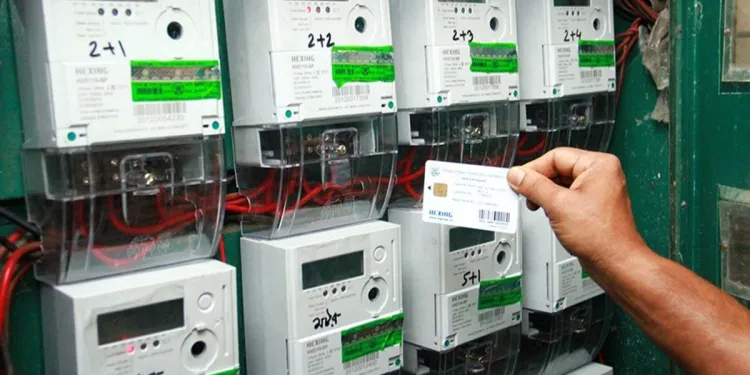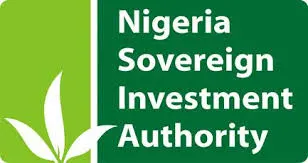
Electricity Consumption, Alternative Energy, and Nigeria’s New Electricity Tariff
In January 2020, the Nigerian Electricity Regulatory Commission (NERC) approved a new electricity tariff. This new tariff was to be charged by the 11 Electricity Distribution Companies (DisCos) commencing from April. Highlights of the new tariff include service reflective payment for electricity consumption and increases in the charge for electricity supply across the country. According to a Premium Times review, increases ranged between 60 per cent in places like Lagos, to about 73 per cent in Abuja, and about 78 per cent in Enugu.



